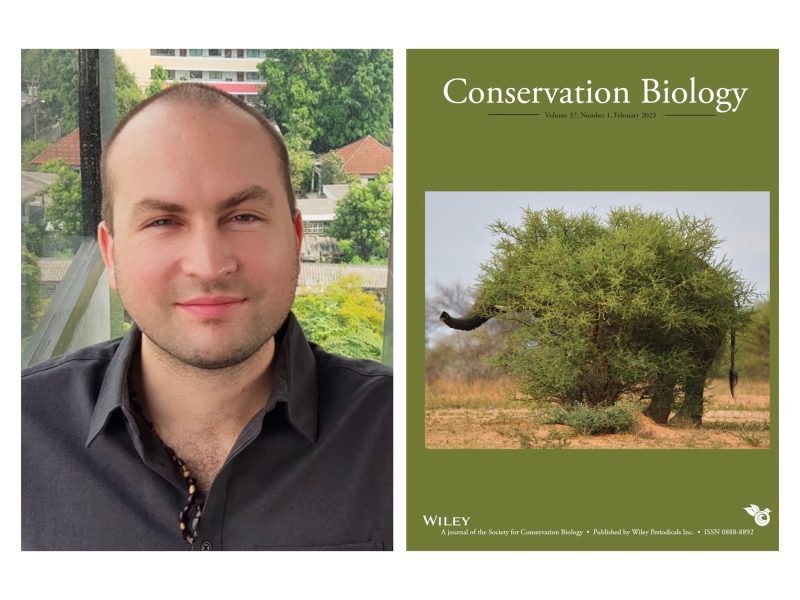Postdoctoral Fellow Laur KIIK Publishes Article in Conservation Biology

Postdoctoral Fellow Dr. Laur KIIK's co-authored article "Recognizing reflexivity among conservation practitioners" has been published in Conservation Biology.
Abstract
When deciding how to conserve biodiversity, practitioners navigate diverse missions, sometimes conflicting approaches, and uncertain trade-offs. These choices are based not only on evidence, funders’ priorities, stakeholders’ interests, and policies, but also on practitioners’ personal experiences, backgrounds, and values. Calls for greater reflexivity—an individual or group's ability to examine themselves in relation to their actions and interactions with others—have appeared in the conservation science literature. But what role does reflexivity play in conservation practice? We explored how self-reflection can shape how individuals and groups conserve nature. To provide examples of reflexivity in conservation practice, we conducted a year-long series of workshop discussions and online exchanges. During these, we examined cases from the peer-reviewed and gray literature, our own experiences, and conversations with 10 experts. Reflexivity among practitioners spanned individual and collective levels and informal and formal settings. Reflexivity also encompassed diverse themes, including practitioners’ values, emotional struggles, social identities, training, cultural backgrounds, and experiences of success and failure. Reflexive processes also have limitations, dangers, and costs. Informal and institutionalized reflexivity requires allocation of limited time and resources, can be hard to put into practice, and alone cannot solve conservation challenges. Yet, when intentionally undertaken, reflexive processes might be integrated into adaptive management cycles at multiple points, helping conservation practitioners better reach their goals. Reflexivity could also play a more transformative role in conservation by motivating practitioners to reevaluate their goals and methods entirely. Reflexivity might help the conservation movement imagine and thus work toward a better world for wildlife, people, and the conservation sector itself.
Read the full article here (open access).





